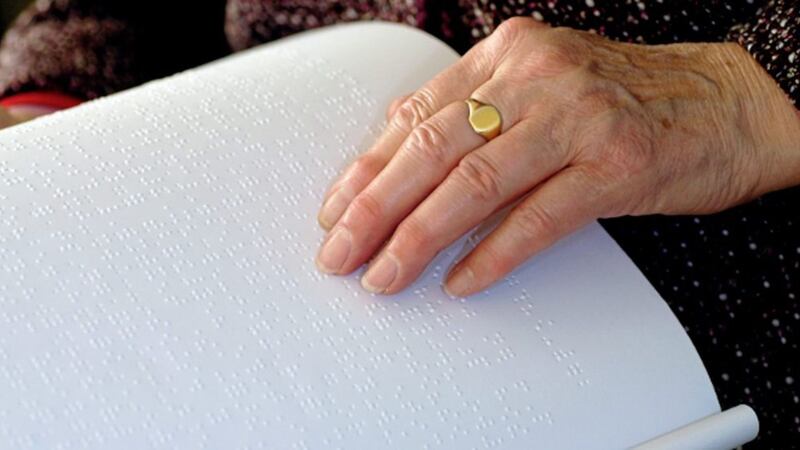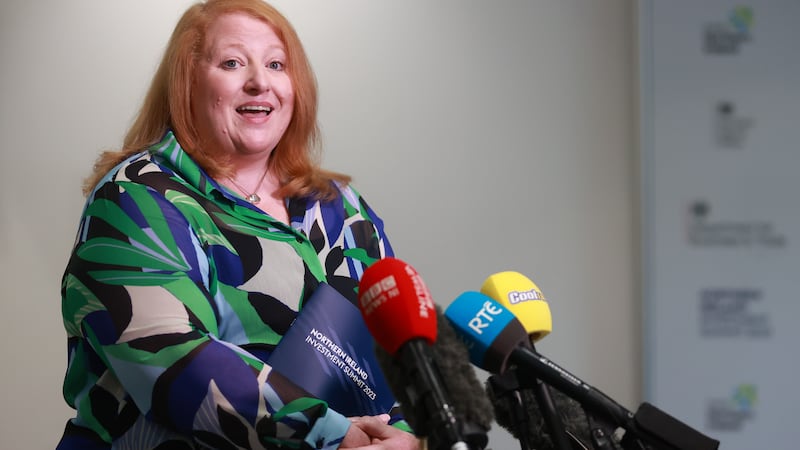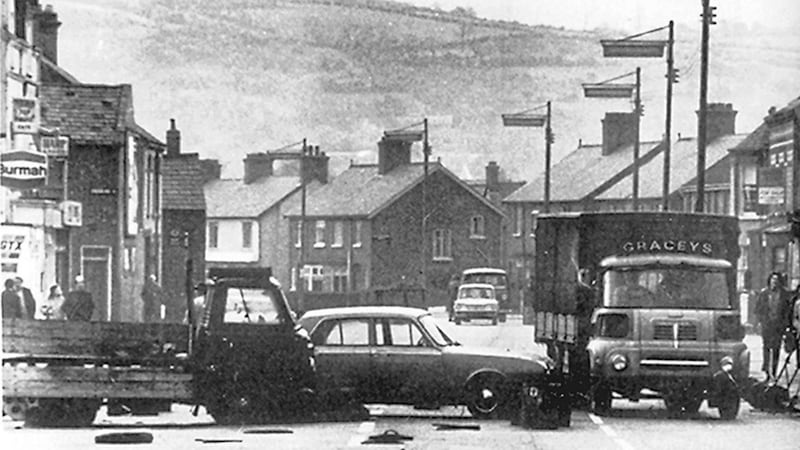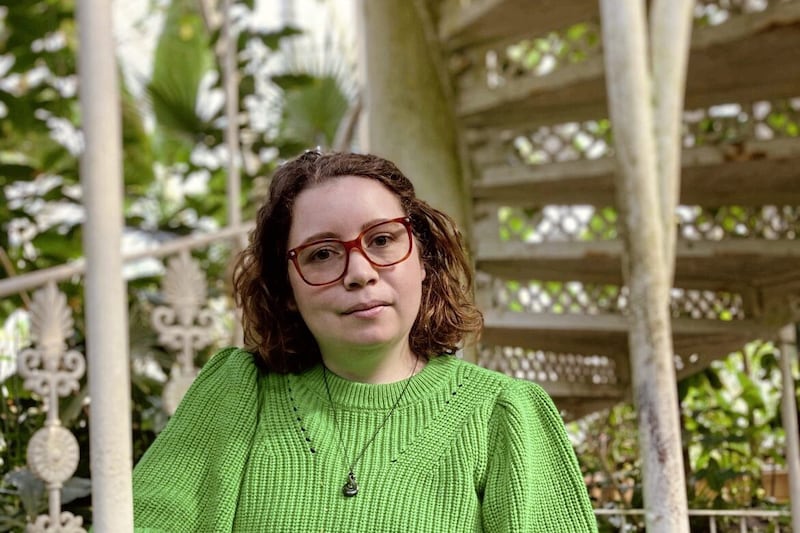A LEADING Northern Ireland sight loss charity says braille is "as vital as ever", despite advances in new technology.
The Royal National Institute of Blind People (RNIB) is campaigning to keep the system of raised dots that has enabled blind people to read and write - "alive".
It comes as the charity today marks the anniversary of the birth of inventor, Louis Braille, the Frenchman who himself became blind at the age of four.
The system is based on variations of six dots, arranged in two columns of three, also known as a cell, representing the letters of the alphabet, punctuation symbols, or groups of letters to form shorthand at more advanced levels.
Alongside new technology such as audio-files and speech-reading software, braille technology has advanced from manual typewriter style braillers, to electronic refreshable displays that can link to computers and smartphones.
But the charity said it is striving to keep it alive in a number of ways, including subsidising the production of books, training courses to help people learn it and campaigning for better access to information in different formats including braille.
Lisburn couple David and Margaret Mann have joined called for the system to remain.
Mr Mann, who is registered severely sight impaired, said: "A lot of people still think that braille is only available as hard copy.
"Today, however, there is a wide range of devices which enable you to read and write 'refreshable braille', i.e. braille that appears on the equivalent of a screen and can be read, written, saved or amended just as anyone else might use a laptop, tablet.
"Day-to-day, I get credit card and other bills in braille, enabling me to monitor my money without asking for anybody’s help.
"When I was still working, I could give presentations from braille notes and use a refreshable braille display keyboard on my computer and in meetings to take notes.
"Without the braille labelling which pharmaceutical companies are obliged to provide, I could not independently identify what medication I am taking, or identify my CDs and records."
Mrs Mann, also registered blind, said: "Reading braille has enabled me to read stories to my children and grandchildren, and I look forward to doing this again with my great-granddaughter.
"It’s different reading it to them yourself in your own voice rather than listening to a stranger."
Robert Shilliday from RNIB NI said "for thousands across the world, braille means independence, knowledge and freedom".
"Everyone has the right to have access to information in their preferred format whether that is large print, audio, or braille," he said.
"However, many blind and partially sighted people, of all ages, do not have access to information that sighted people rely on everyday.
"We're campaigning to make access to information more than an afterthought.
"You can help us make a lasting difference to the lives of blind and partially sighted people here in Northern Ireland."







